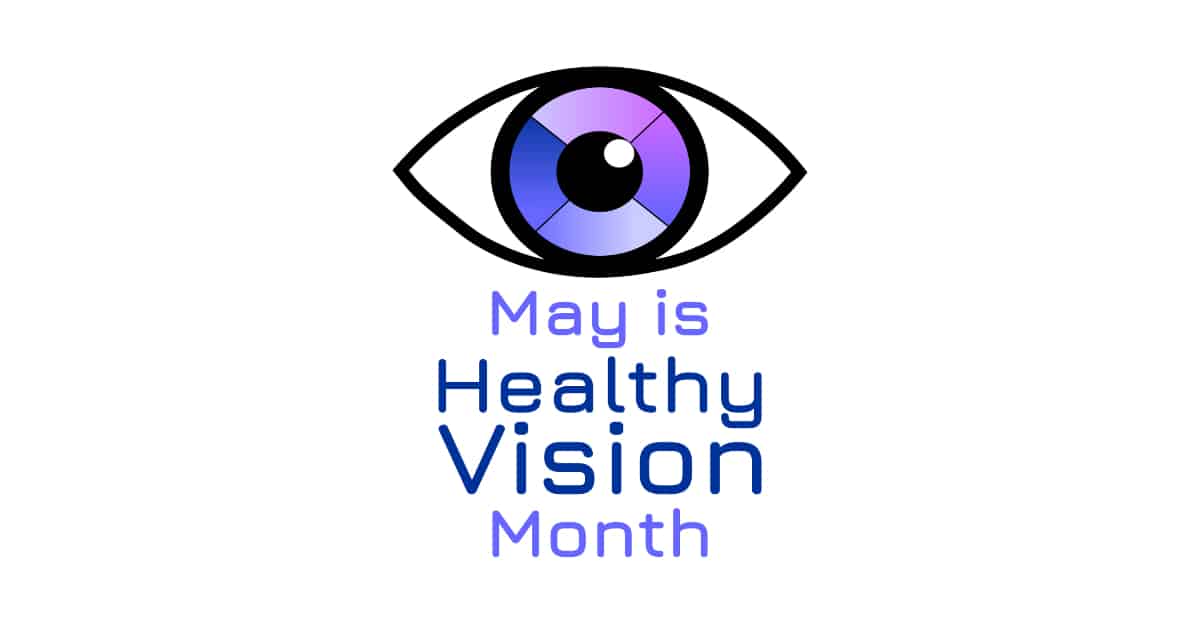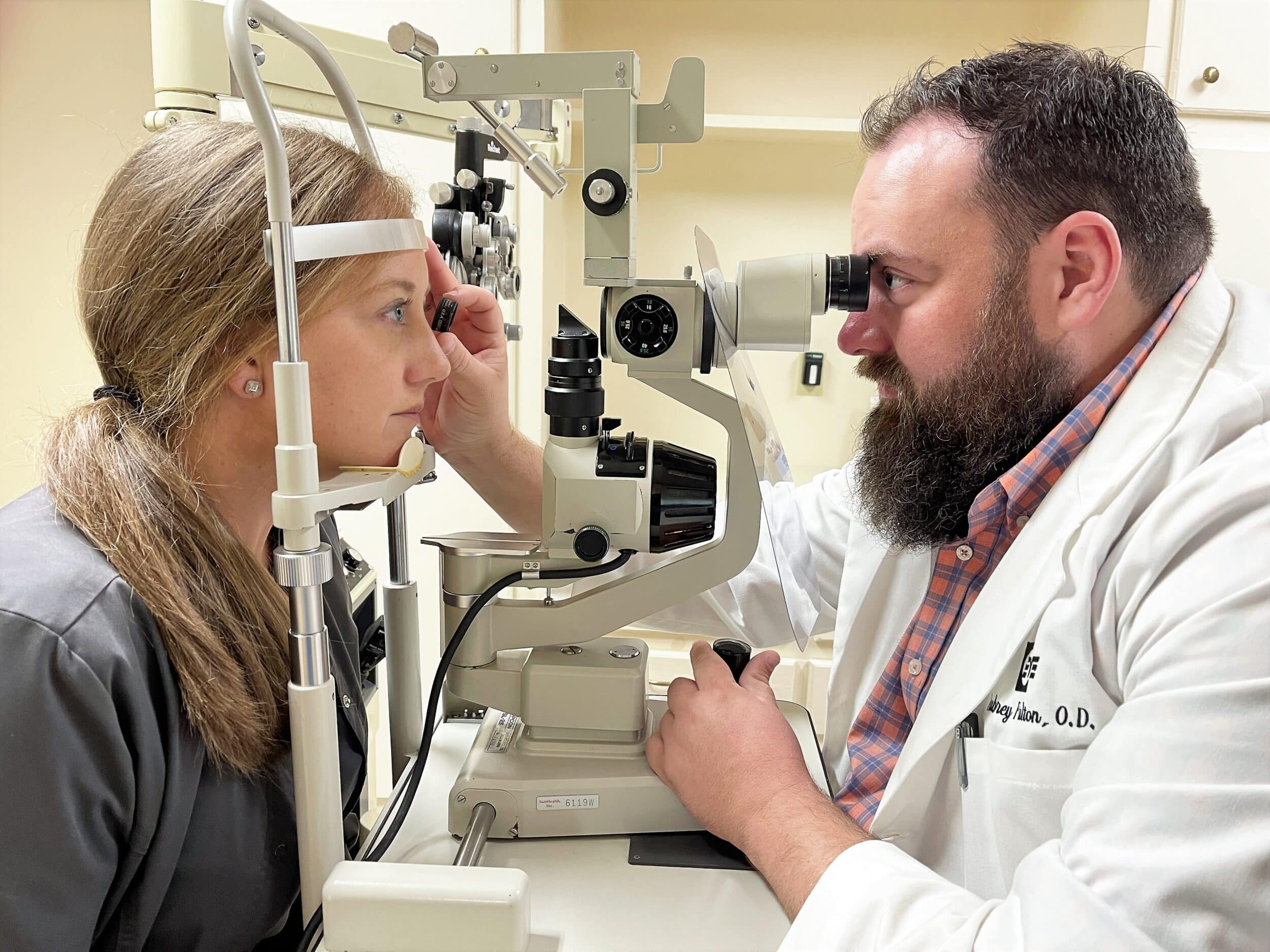
Funny thing about life—we might not realize how much we value something until we lose it. Take your vision, for example: Day in and day out, your eyes help you do the things you need to do. Moreover, your vision helps you fully enjoy life and all it has to offer. You hardly think about it—until it begins to fade.
Sadly, that’s the situation for a significant portion of the U.S. population. According to the American Foundation for the Blind, as many as 32 million adult Americans (13% of the population) have trouble seeing even while wearing corrective lenses. To put it another way, one out of ten adults have lost some—or all—of their eyesight.
It doesn’t have to be that way: Modern eye treatments can stop or at least slow many sight-robbing conditions. However, these treatments often come with an important caveat: The best chances for success usually depend on detecting the problem early.

According to Dr. Aubrey Fulton, a therapeutic certified optometrist with Hattiesburg Eye Clinic, that’s not as difficult a task as you might think; in fact, eyecare professionals use a simple but powerful means to catch eye diseases early before they cause significant harm—a routine eye exam.
“Eye exams are important primarily to ensure the best chance for life-long vision,” says Dr. Fulton. “Besides determining whether or not you need glasses or contacts, an eye exam also helps us evaluate other aspects of your vision health, and perhaps uncover conditions that could pose problems in the future.”
In recognition of Healthy Vision Month this May, here are 4 important reasons why you should have a regular eye exam.
Early childhood issues. Having your child’s eyes examined at certain age benchmarks can uncover vision problems early. “We recommend an initial eye exam for children before they’re a year old to rule out any serious eye issues,” says Dr. Fulton. “We also recommend they undergo an exam around age 3 to ensure they have the best vision possible when entering school.”
Prescription updates. If you or a family member wears prescription glasses or contact lenses, you’ll want to undergo more frequent eye exams than those who don’t. “The eyes change over time, especially if you’re wearing corrective lenses,” says Dr. Fulton. “We recommend people under forty with corrective lenses undergo a regular eye exam every one to two years.”
Genetic eye diseases. A number of eye conditions run in families, from something as simple as colorblindness to more severe diseases like optic atrophy or glaucoma. “The list is pretty long for eye diseases that can be genetically transmitted,” says Dr. Fulton. “Generally, we recommend that if you have a relative who has lost some or all of their vision due to an eye disease—or if you have diabetes—you should have an eye exam on an annual basis throughout adulthood.”
Age-related conditions. Health issues tend to increase with age, including problems with eyesight. Dr. Fulton says the risk for vision impairment due to glaucoma, cataracts, or macular degeneration grows dramatically as we get older. “Everyone is at risk for vision impairment due to the aging process. That’s why we recommend beginning annual eye exams by at least age 40.”
Many progressive eye diseases can have subtle symptoms, or no symptoms at all. Unfortunately, if you wait until you notice a problem, extensive damage may already have occurred.
“If you’ve never had an eye exam and you’re over forty, have a family history of eye disease, or you have diabetes, get one now,” says Dr. Fulton. “The sooner we detect a possible progressive eye disease, the better your chances for successful treatment.”
To find more about how to protect your vision visit us www.HattiesburgEyeClinic.com . To learn more about how Hattiesburg Eye Clinic can improve your vision health, call 601-268-5910 (or toll-free 800-624-8254) or schedule a consultation with us at www.hattiesburgeyeclinic.com/contact-us/


